

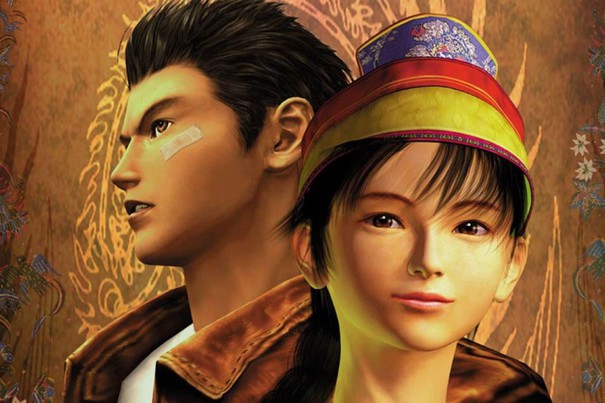
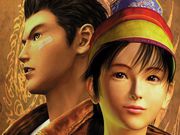
Shenmue III is real. Like, really real. 6.3 million dollars has been raised from via crowdfunding, voice actors are returning, other capital investors are on board. Now begins the most difficult part: turning everyone's fevered dreams into reality.
It's the most-backed video game Kickstarter of all time, an achievement in and of itself. It's brought excitement back to a dead franchise, and, anecdotally at least, also brought joy to a lot of people I know. And yes, part of me really wants to know what's going to happen with Ryo, Lan Di, Xiuying, the Chi You Men, and everyone else. Will Ryo avenge his father's death? Will he, in essence, become Lan Di by killing him? Will we get to see the story from the side of the series' main villain, and confirm suspicions that Iwao Hazuki killed his father? Will Ryo Hazuki change his clothes? Will games writers ever stop talking about how he never changes his clothes?
Part of me, however, would be just as happy if Yu Suzuki whispered what happened in my ear and that was that. It's been 15 years since the last Shenmue game proper, and that's a long time for people to come up with their own versions of events. Just ask George Lucas. Or Francis Ford Coppola. Or Axl Rose. Or the Ultimate Warrior. Can Suzuki possibly satisfy the rabid imaginations of fans? No. Unless it's the single greatest game in the history of humanity, this isn't even remotely feasible. Not that he'll probably even try. The veteran producer has always maintained there's been a clear structure to the series (going so far as to break down which 'chapters' of the story each game covers). Fans asking for that, and getting it, can hardly be miffed.
A slightly more contentious aspect, then, is the what changes are going to be made to the core Shenmue experience, which in a lot of the love-in seems to have been forgotten. Or, at least, mis-remembered. Going back and playing Shenmue II may have given me my first genuine smile in a decade, but it also served as a reminder that the game itself is now almost paradoxically out of time, functioning as a glimpse into the future while also being desperately outdated.
This isn't even to speak of the controls, which are easily fixed. Instead, it's something at the heart of the experience: Shenmue is slow. Really slow. This may seem to be a polite way of saying boring. In reality while some of the series is unintentionally boring, the concept of time – and what you have to do to fill it – is used superbly in Shenmue to encompass the frustration and eventual excitement of being on the hunt for your father's killer. It is used to immerse players in the world – which isn't the biggest, but still holds its own in the pound-for-pound densest list – and its minutiae. This is, after all, the game where you have to get a job to earn money and make your own way. There's a steady rhythm to the whole thing that builds over time, an open world that's not really open, but instead one that inserts you so fully into its surroundings that it's impossible not to get drawn in. Its pace is a key element of this.
Will this fly in 2017? Shenmue's pacing is important, dragging the best out of the superb period detail and reinforcing the feeling you're on an adventure, not just tearing through an environment. But Suzuki isn't infallible in this regard – Shenmue II's opening, with its constant cutscene interruption, is simply far too slow.
How does the director and his team balance the game's style with the wants and needs of today's players? Or, for that matter, critics, some of whom were fairly burned out on the experience back in the early 2000s? It's easy to say that Shenmue III is for the fans. And, of course, it is. But then, that this may not even be the concluding part of the series. What happens if it comes out, doesn't do very well, and funding for Shenmue IV: The Return doesn't happen?
Speaking of funding: there are still dozens of questions to be answered. Sony is putting money in. So is Shibuya Productions, as per Suzuki himself. These outside forces are also not receiving any of the Kickstarter cash, instead assisting wth marketing, distribution, marketing, and publishing. But how much of that money is being attributed across different departments is not yet clear. Suzuki's comments about the game needing $10 million to feature a true open world may yet be seen as an early sign the project isn't all peaches and cream, that dreams, no matter how glorious, always end with a return to reality.
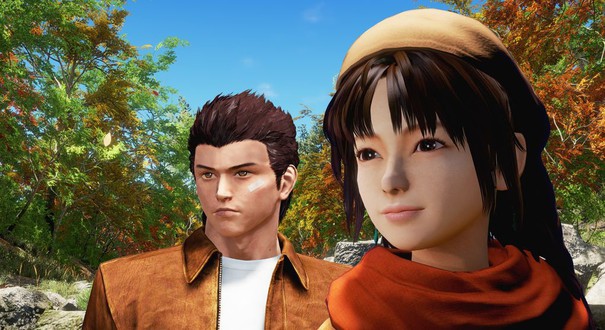
Suzuki has stated that he won't be "disappointed" by the failure to reach $10m, but his earlier comments speaks volumes. $6.3 million isn't going to make the nut for what he wants: it wouldn't have done it for the original titles. The additional $3.7m (and, presumably, much more) will no doubt come from these other sources, but if that capital is scaled in a direct correlation of the money raised from the Kickstarter (as, it appears, it was with Bloodstained, the second-highest grossing video game on KS), then he's still not going to have as much to play around with as he'd hoped.
I'm not trying to naysay this whole Shenmue III deal because I hate the game, or the series, or the fans. My issue is that, even with the Kickstarter closed, the (crowd)funding in, and everybody presumably happy that we've even got this far, there's still so many unknowns, so much hype and bluster, that Suzuki has an incredible job on his hands. Shenmue once looked like a glimpse at the future, and its achievements no doubt influenced many of the open worlds that followed. But now, a sequel seems rather stuck: how does the studio retain the same feel people are desperate for, while also making it palatable to modern audiences? Especially when it's this demographic, and not the die-hards, that logically Shenmue's backers actually have to appeal to to make their money back? Don't ask me. I'm off to the pub. See you in 2017.
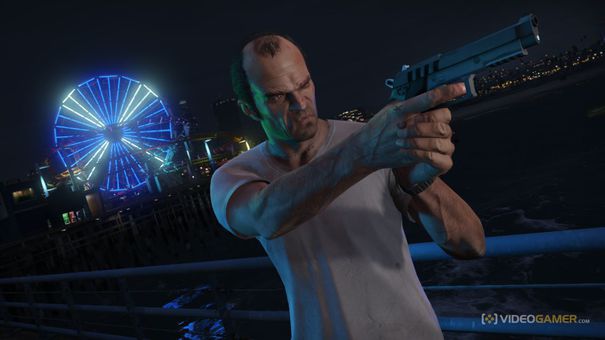
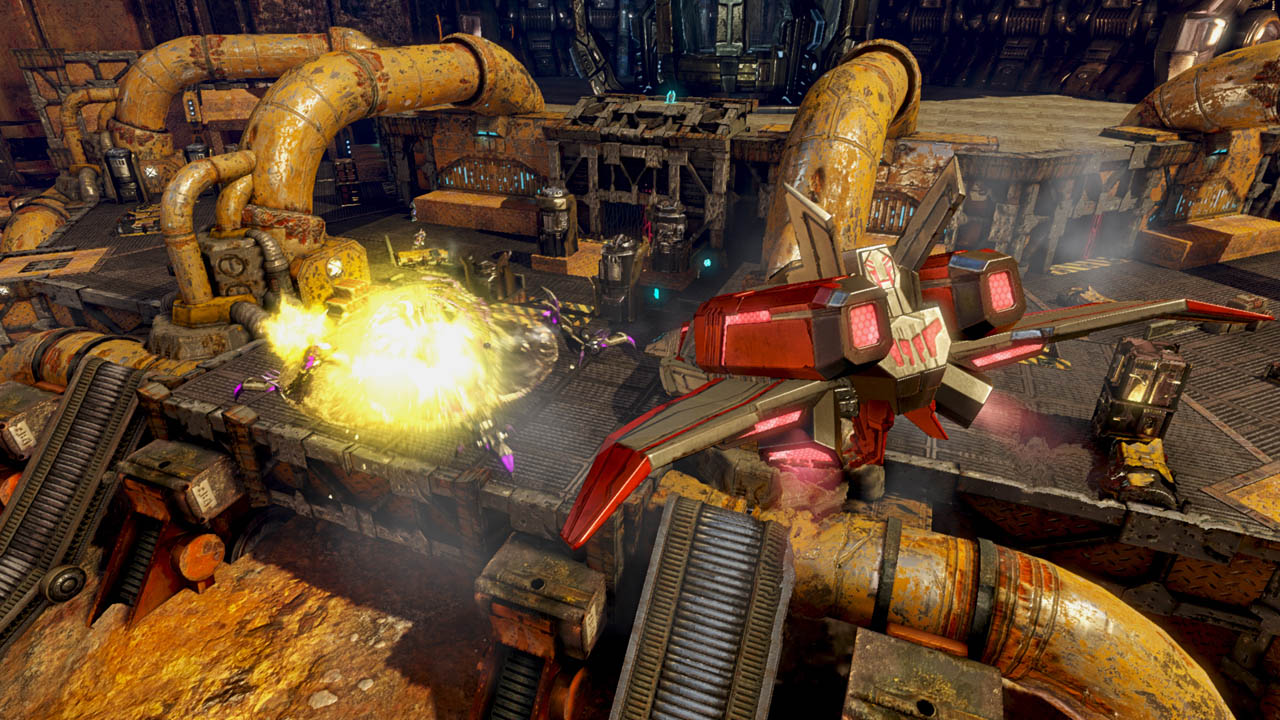

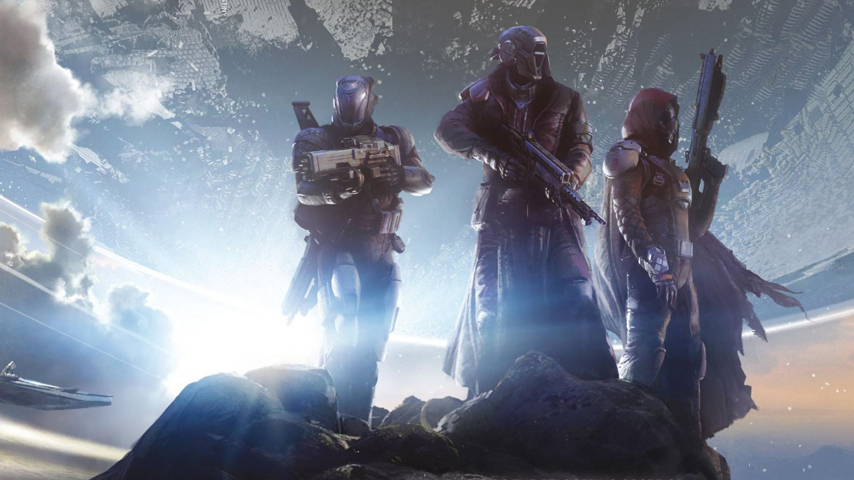
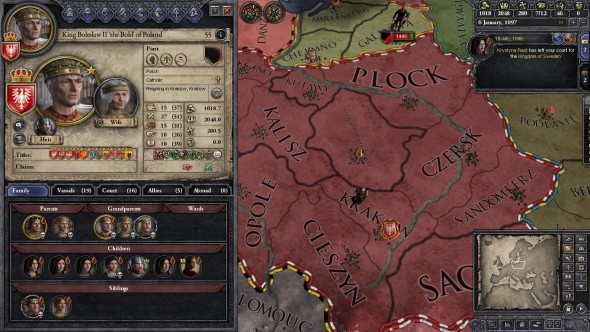 Crusader Kings II - 10 General Tips - AlterGamer
Crusader Kings II - 10 General Tips - AlterGamer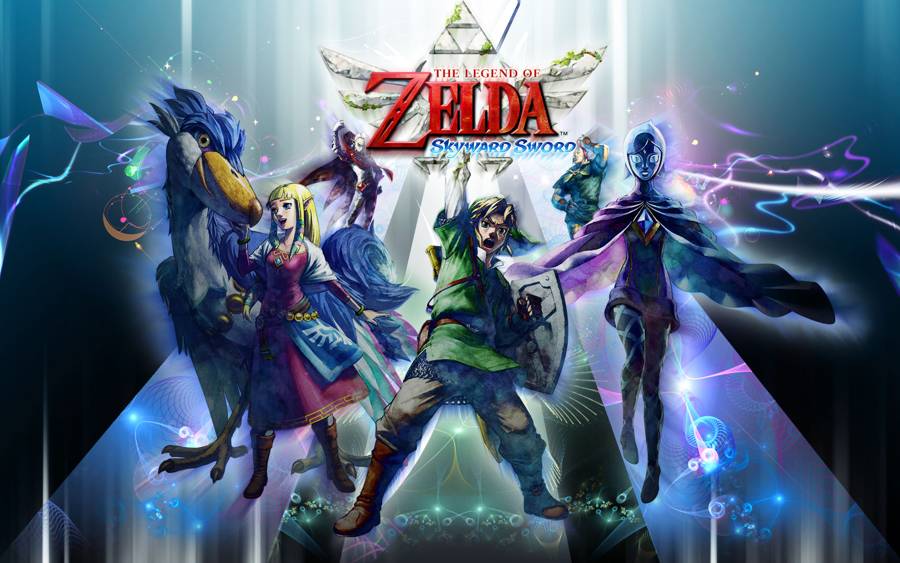 The Legend of Zelda Skyward Sword Skyview Temple Walkthrough
The Legend of Zelda Skyward Sword Skyview Temple Walkthrough What does a Mass Effect MMO look like?
What does a Mass Effect MMO look like?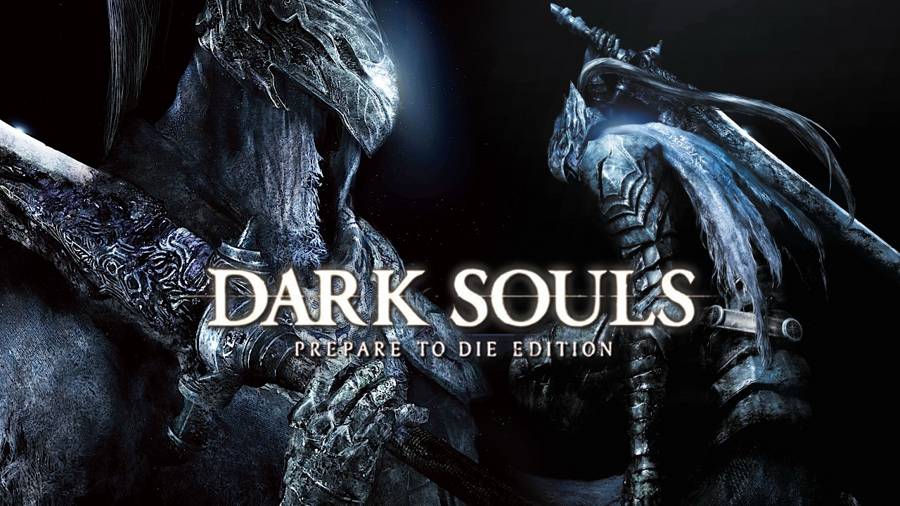 Dark Souls Iron Golem Guide
Dark Souls Iron Golem Guide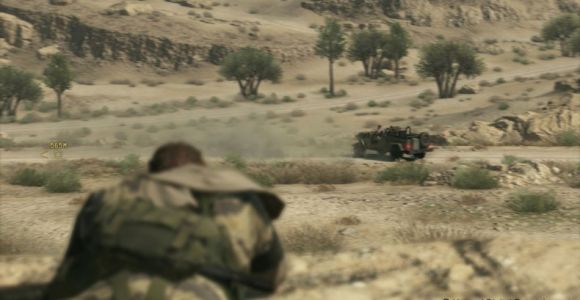 Metal Gear Solid 5: The Phantom Pain Episode 14 – Lingua Franca
Metal Gear Solid 5: The Phantom Pain Episode 14 – Lingua Franca